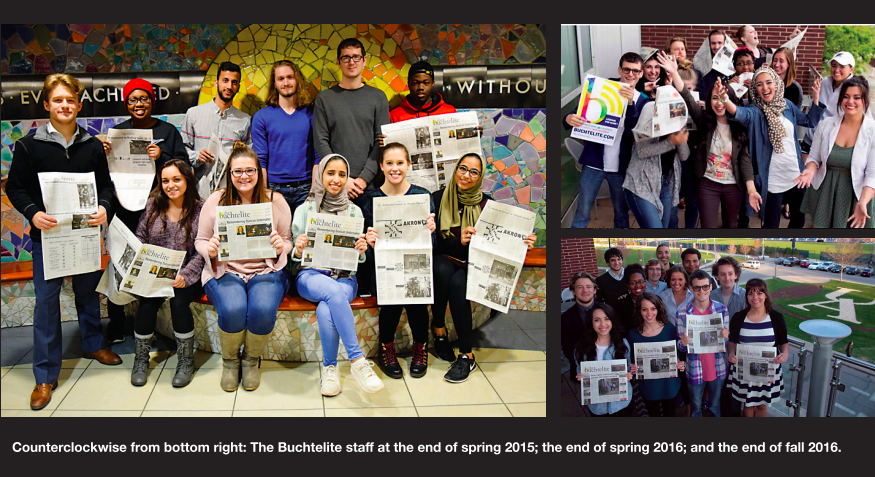“When we invited Jimmy Santiago Baca to campus, we had no idea what we were doing. After he spoke Tuesday night, it all made sense. Baca was engaging, charismatic and entertaining. The audience of approximately 250 remained quietly captivated, hanging onto his every word.”
“
When we invited Jimmy Santiago Baca to campus, we had no idea what we were doing.
After he spoke Tuesday night, it all made sense.
Baca was engaging, charismatic and entertaining. The audience of approximately 250 remained quietly captivated, hanging onto his every word.
The lecture Baca delivered, much like his writing, was reflective of his upbringing where friends and family wove tales to pass time. Storytelling is part of the Hispanic culture.
Baca told the audience about his journey through a rough childhood and the prison system using short anecdotes. But in doing so, he painted a grander picture of the power of education to redeem broken and marginalized people.
The crowd, along with UA administrators, received his message.
The success of the evening cannot be measured by the turnout, no matter how large.
Rather, the success is measured in the message, his hopeful optimism about education and second chances.
Baca’s message was provocative and inspirational, an appropriate one for an institution of higher learning such as the University of Akron.
When provost Beth Stroble introduced Baca, she spoke of his achievements and awards. Her unspoken message, however, was much more important.
It expressed to the audience and the community that UA supports Baca’s message – that the university believes in the themes he has woven into his work. After all, it is difficult to disagree with themes of redemption, opportunity and education.
We are grateful for Stroble’s participation, as well as the financial support from the Center for Conflict Management.
But we are most grateful for the opportunity to be a conduit for Baca’s message.
The impact of his message was evident after watching a crowd assemble around Baca, waiting to speak to the author, to tell him how much his words had inspired them.
Is blogging good for American journalism?
“

